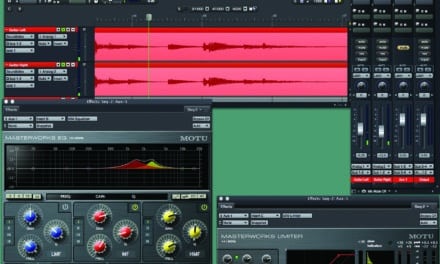Blog | Opinion
Long after my article in the July 2015 issue of The Hearing Review went to press, it occurred to me that I had omitted a critical member of the hearing care group that I discussed in “A Group Approach to Providing ‘Perfect’ Hearing Care.” That hearing care team originally included an otolaryngologist, a neural audiologist, and a hearing instrument specialist. A speech-language pathologist should be added to that team. The way the current Medicare rules are written, no one except a speech-language pathologist with a practice that includes “receptive language training” can be reimbursed for offering the auditory training necessary for a patient to develop optimal skill with a hearing aid.
While it is legal for a physician to bill Medicare for receptive language training under his/her own provider number, if prescribed, it works best if this training is referred to the speech-language pathologist and he or she bills Medicare directly for it under their own provider number. Such a procedure eliminates the concept of conflict of interest. Receptive language training is important because, after all, the saddest thing in the world is not being able to understand a grandchild when they tell you that they love you. For that reason alone, receptive language is critical.
We have known for several years that it does not matter what other kind of training the patient has as long as it also includes reading out loud for at least 30 minutes a day, either in chunks or continuously. Any material that is familiar to them can suffice. They can read the Bible, they can read a magazine, or they can borrow a grandchild and read Dr Seuss to them because of all that wonderful alliterative language. The reason that this kind of practice is so important is that when the patient reads out loud their brain knows 100% accurately what was said. Therefore, the patient is not listening for content. The patient is listening to the processing of the 44 phonemes of the English language through the hearing aids, which represent a new sound to the patient even if they have had hearing aids before. With receptive language training, a patient will hear the voices of strangers 25-50% better than they would if they had not had this type of training. It is this kind of receptive language skill that allows speech-language pathologists to be reimbursed for providing this type of training.
 Completing the “Perfect” Hearing Care Team
Completing the “Perfect” Hearing Care Team
As good medical care is initiated, good audiologic care is identified, and the proper fitting of the hearing aid is accomplished, the ultimate practice that ties together all aspects of recovering successful auditory function for the patient is the improvement and achievement of receptive auditory skills and the training and practice necessary to achieve them. Therefore, the completion of the “perfect” hearing care team mandates that the remaining member of that team be a speech-language pathologist with training and experience in receptive language skills. To the extent that they are expert in that area, the patient will have the maximum opportunity to capitalize on their medical and paramedical exposure.
While my wife and daughter are both among those who are triple-certified in three disciplines (one in speech pathology-audiology-teaching the deaf, and the other in speech pathology-audiology-hearing instrument specialist), the number of people with these skills is limited. Nonetheless, finding such a person to join the hearing care team would allow the group to provide “perfect” care.
Jay B. McSpaden, PhD, is an audiologist and hearing instrument specialist who has retired from private practice, but continues to write about hearing healthcare.







